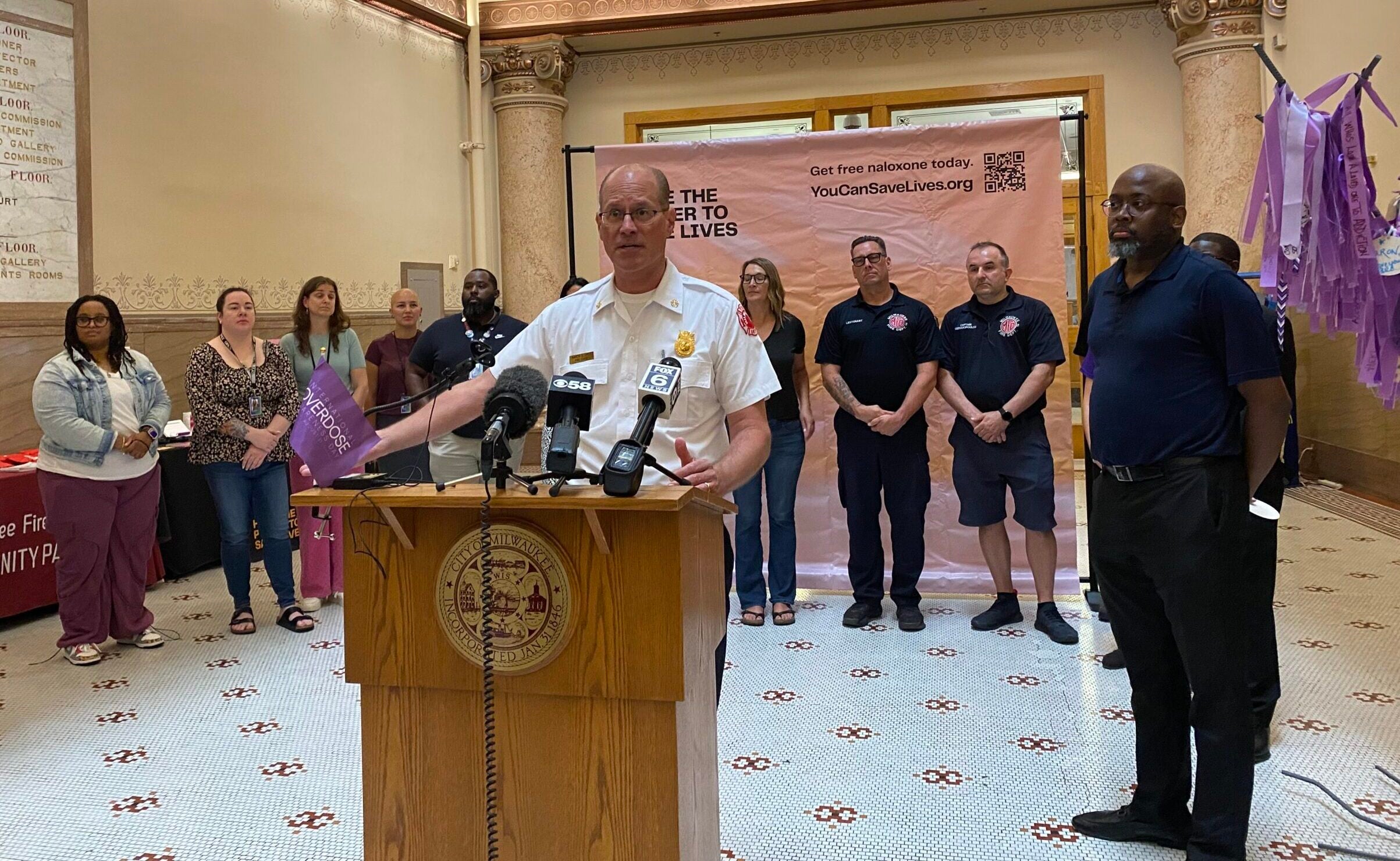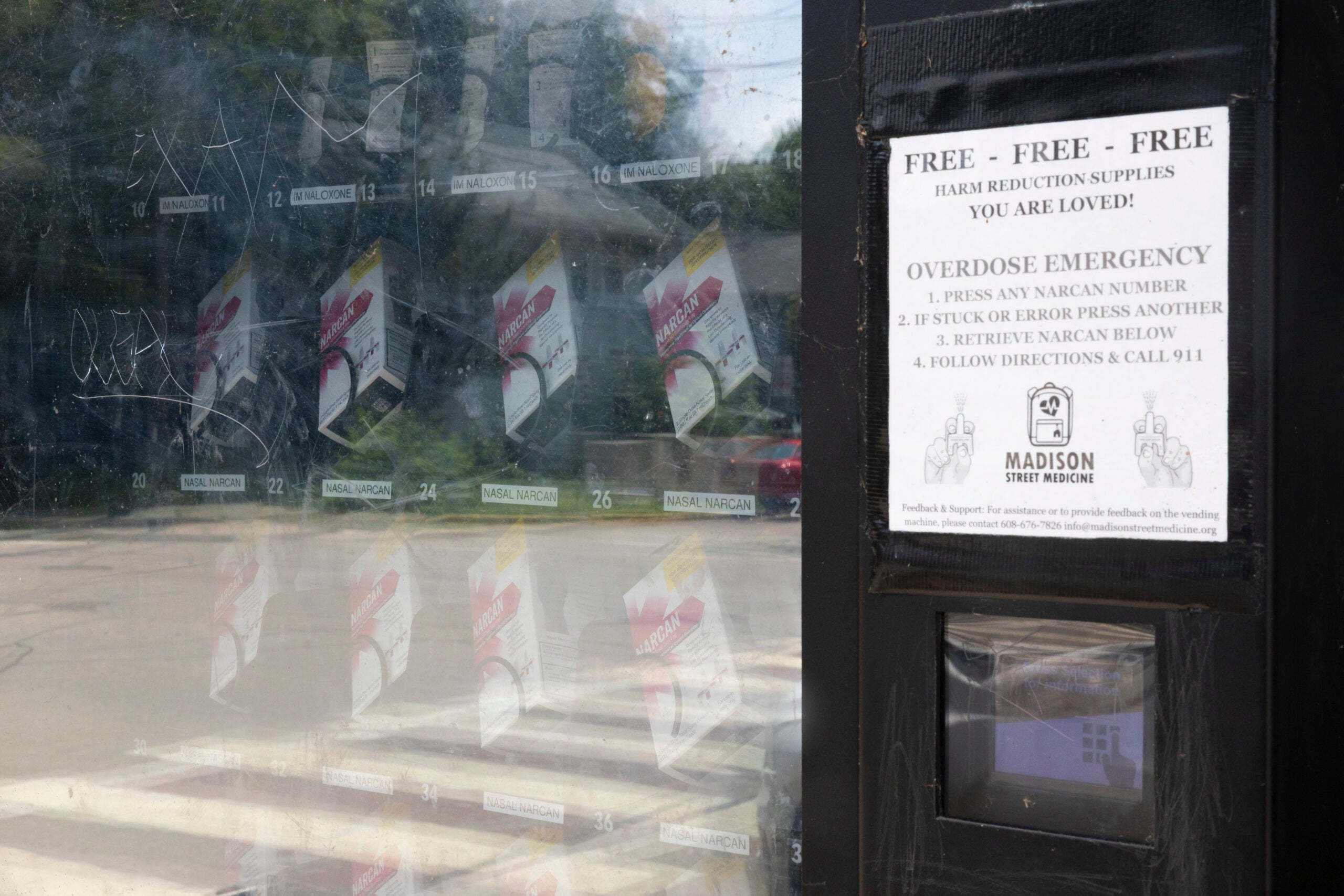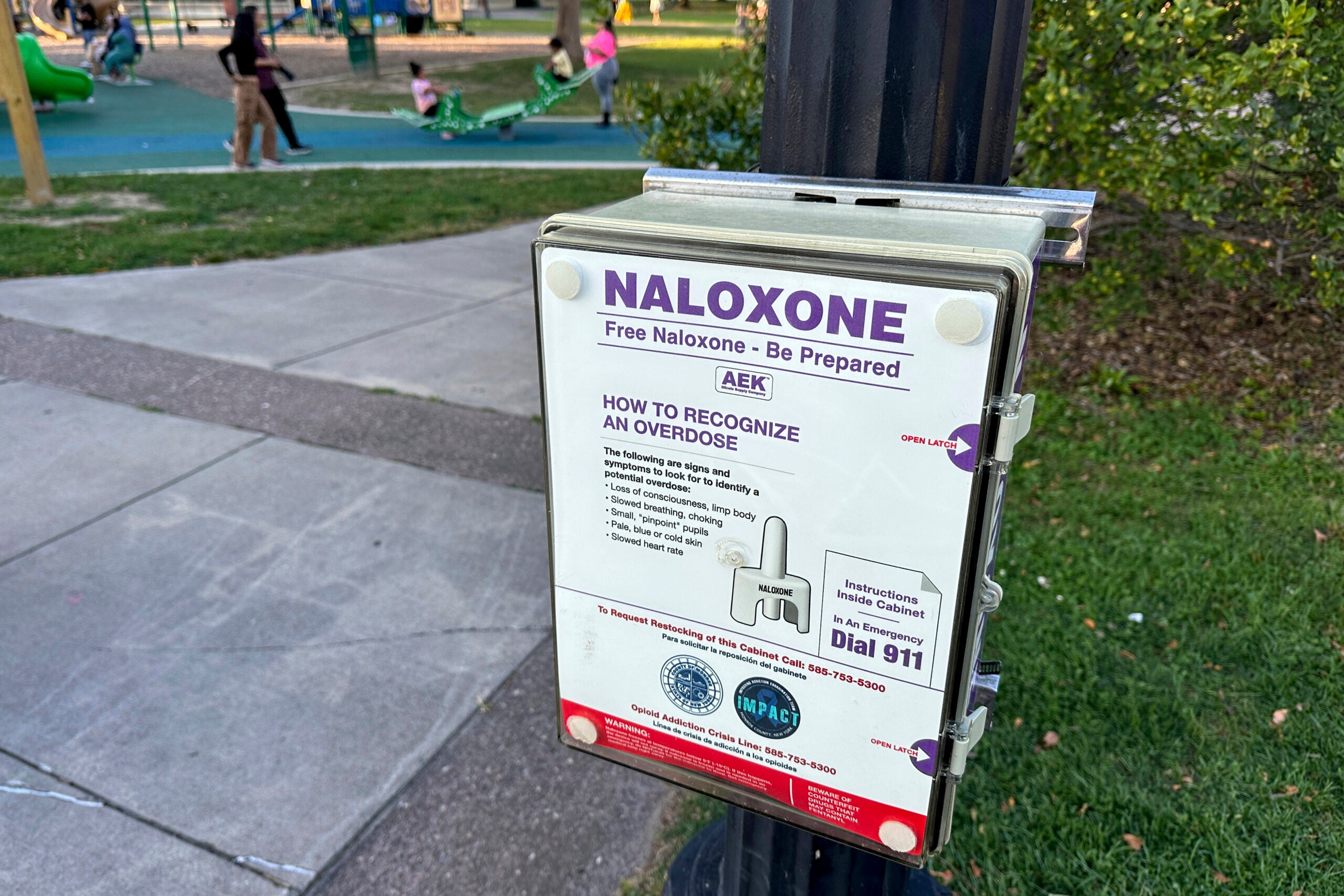Wisconsin policymakers, law enforcement officials and health care providers gathered at a pain management conference in Brookfield on Tuesday, using the opportunity to highlight continuing efforts to combat opioid abuse. That work includes ongoing changes to the state’s system to prevent so-called “doctor shopping” — drug abusers acquiring prescription painkillers from multiple sources.
But the effectiveness of the current database program remains murky, as does the impact of pending new rules for doctors who prescribe pain meds.
Wisconsin has had prescription drug monitoring program, or PDMP, since 2013, but according to state officials, only 14 percent of physicians actually use the database before prescribing narcotics. New state rules say they have to start by next April, however, there is no penalty for not doing so.
News with a little more humanity
WPR’s “Wisconsin Today” newsletter keeps you connected to the state you love without feeling overwhelmed. No paywall. No agenda. No corporate filter.
State Rep. John Nygren, R-Marinette, emphasized that point to concerned doctors on Tuesday.
“We have made every effort to make this a partnership, not government telling doctors how to lead their practice, how to treat their patients,” said Nygren, a driving force behind the state’s opioid abuse legislation. “Matter of fact, there’s nothing punitive whatsoever in any legislation that has passed. Zero.”
There have also been complaints that the system is complicated and time-consuming; Nygren said the state is working to make the software more user-friendly.
All states except for Missouri have a PDMP to track how often and where people get addictive drugs. When Wisconsin started the system, it did reduce prescriptions of addictive painkillers, according to U.S. Drug Enforcement Administration regional diversion investigator Kathy Federico. But it was late in coming.
“We were one of the last states that got the PDMP. We were way behind the 8 ball on that one,” Federico said. “So what happened was, the prescribing of opiates dropped. When that PDMP started, we were getting stacks of prescriptions everyday that were being refused by pharmacies across the state of Wisconsin. They were sending them to us saying, ‘denied’. It was either a forgery of a person was doctor shopping.”
Federico acknowledged that there are people who truly need opioids for pain relief. But she said it was “staggering” how many prescriptions for painkillers were deemed inappropriate.
Still, Federico said that drop didn’t last and drug officials are starting to see the number of painkillers prescribed edge back up.
Wisconsin Attorney General Brad Schimel was also one of the speakers on the panel. He stressed prevention, pointing out how drug treatment is very expensive and often not covered by insurance. The state has a drug awareness campaign called Dose of Reality to prevent misuse of prescription painkillers.
Wisconsin Public Radio, © Copyright 2025, Board of Regents of the University of Wisconsin System and Wisconsin Educational Communications Board.







